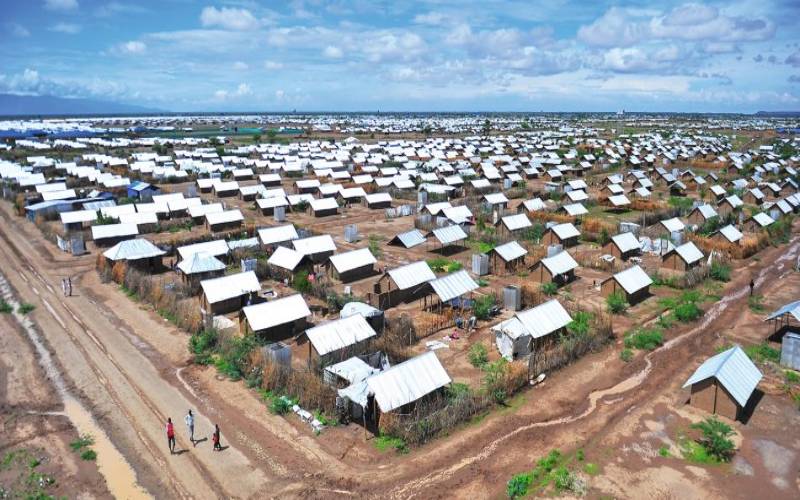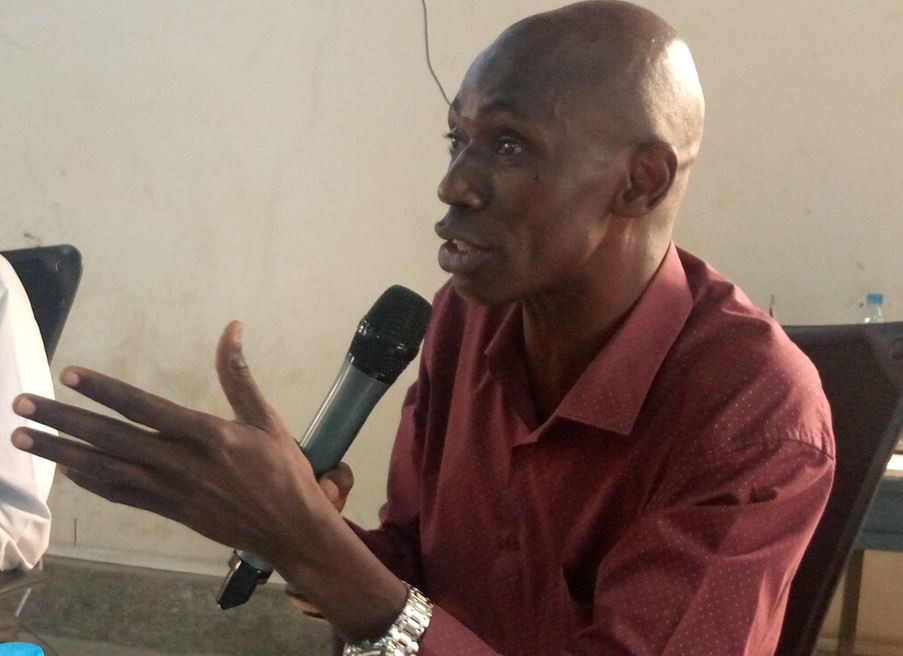South Sudanese refugees in Kenya told to exercise caution during election

The UN Agency for Refugees has warned refugees leaving Kenya to exercise caution as the hosting nation goes to polls.
Kenyans went to poll on Tuesday, August 9 to pick new leaders following a 10-uear reign under President Uhuru Kenyatta.
Voters will cast ballots to elect a president, governors, and senators, the Woman Representatives, Members of Parliament; and the Members of the County Assembly (MCA)
The organization issued warnings to the refugees not to take part in unofficial gatherings, election campaigns, voting, acting as a representative of a political party or politician, participating in demonstrations, or visiting polling stations.
Additionally, it advised refugees to refrain from posting political statements on social media and urged them to stay inside on poll day (Tuesday) and avoid going outside of the camps and demarcated refugee settlements.
“The election is for Kenyan citizens and therefore non-Kenyan citizens are not eligible by law to participate in the election. “Report any violence or tension to police and CPPT,” the agency urged the refugees.
According to a statistic from the UN refugee agency, as of March 31, 2022, there were 547,884 refugees and asylum seekers in Kenya, making up 485,674 (89 per cent) refugees and 62,210 (11 per cent) asylum seekers. Kenya hosts one of the largest refugee populations in Africa after Ethiopia, according to UNHCR.
The Great Lakes and the Horn of Africa produce the majority of the refugees that Kenya hosts. While most South Sudanese refugees arrive in Kakuma in northern Kenya, most Somali refugees flee to Dadaab, which is situated in Garissa County in the former North Eastern Province of Kenya.
As of the end of March 2022, the population increased slightly, from 543,919 to 547,884, according to the agency.
This was primarily due to new birth registrations that were made during the reporting period, as well as an increase in the number of new arrivals, who were primarily from South Sudan, the Democratic Republic of the Congo, Burundi, Ethiopia, and Somalia.


